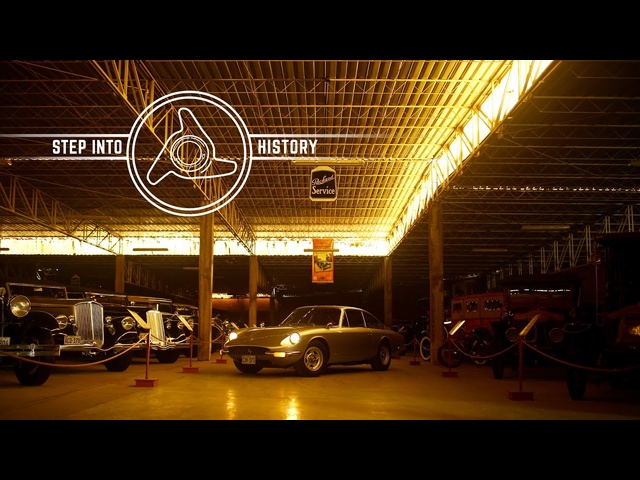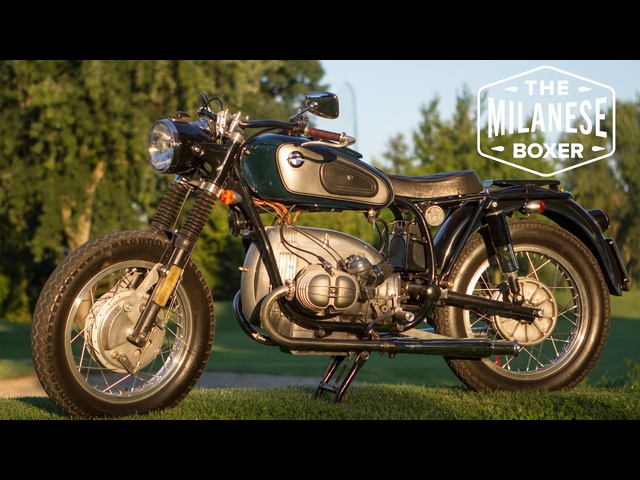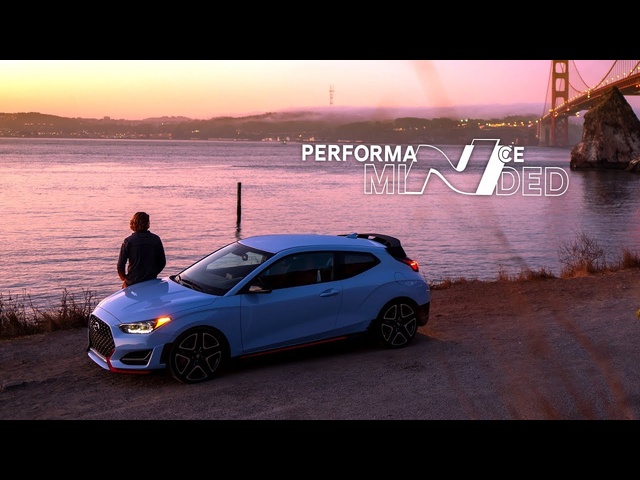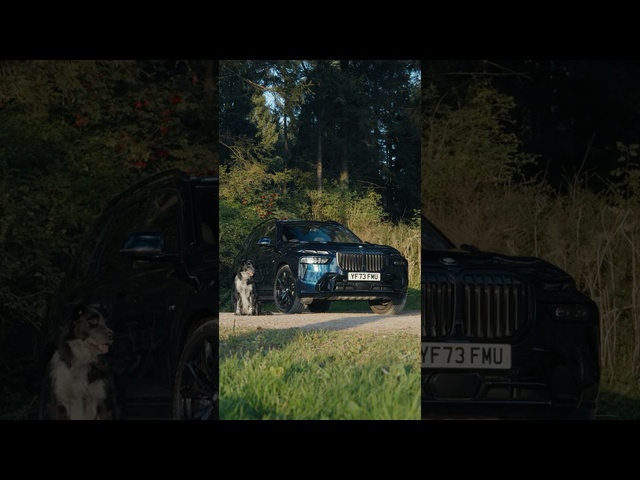Views: 348955
Porsche 356 Outlaw
Nowadays, it seems "outlaw" Porsches are everywhere and all the rage. Back in the mid-1990s, however, when Mr. Jack Griffin decided to modify his 1955 Porsche 356 Continental, he wasn't following a customization trend or fad but, rather, taking it upon himself to build the car Porsche would have built given the technology and resources.
Originally powered by a 1500cc, 60 horsepower engine, the 356 certainly offered potential aplenty for customization and improvement. The curvy, sports car lines that are echoed and still visible on Porsche cars to this day, disguised the fact that, underneath, the car was more Volkswagen than anything else. It was also, to a large extent, a product of the 1930s.
With the onset of World War II, global automotive development ground to a halt as manufacturing resources were diverted for military use. Organized racing on a large scale was thus out of the question: even the the legendary 24 Hours of Le Mans race, so critical to automotive research and development, took a hiatus from 1939-49. Thus, in the years immediately following the war, even a new car was bound to be something of an antique until car companies had time to retool and begin innovating again.
Having owned a long line of those vintage 356s, Jack was ready to try something different when, in 1994, he came across this Continental in Hood River, Oregon. Once he got it back to his garage in Texas, he set about transforming the car into a 356 of his own. In place of the original motor, Jack swapped in a 1720 cc engine from a 1965 356 that now produces 115 horsepower. Next came a 1962 gearbox, which provides a smooth robustness not found in the original, Volkswagen-based gearboxes. The car also received disc brakes all around and, finally, an upgrade to a 12 volt electrical system.
Purists may scowl, but Jack finally has the Porsche he always wanted.
Drive Tastefully®
http://Petrolicious.com
http://facebook.com/Petrolicious
Originally powered by a 1500cc, 60 horsepower engine, the 356 certainly offered potential aplenty for customization and improvement. The curvy, sports car lines that are echoed and still visible on Porsche cars to this day, disguised the fact that, underneath, the car was more Volkswagen than anything else. It was also, to a large extent, a product of the 1930s.
With the onset of World War II, global automotive development ground to a halt as manufacturing resources were diverted for military use. Organized racing on a large scale was thus out of the question: even the the legendary 24 Hours of Le Mans race, so critical to automotive research and development, took a hiatus from 1939-49. Thus, in the years immediately following the war, even a new car was bound to be something of an antique until car companies had time to retool and begin innovating again.
Having owned a long line of those vintage 356s, Jack was ready to try something different when, in 1994, he came across this Continental in Hood River, Oregon. Once he got it back to his garage in Texas, he set about transforming the car into a 356 of his own. In place of the original motor, Jack swapped in a 1720 cc engine from a 1965 356 that now produces 115 horsepower. Next came a 1962 gearbox, which provides a smooth robustness not found in the original, Volkswagen-based gearboxes. The car also received disc brakes all around and, finally, an upgrade to a 12 volt electrical system.
Purists may scowl, but Jack finally has the Porsche he always wanted.
Drive Tastefully®
http://Petrolicious.com
http://facebook.com/Petrolicious
Make: Porsche
More by Petrolicious
-
 Home Built
Home Built
 Views: 675107
Views: 675107 -
 This Ferrari 365 2+2 Is A Step Into Lima ...
This Ferrari 365 2+2 Is A Step Into Lima ...
 Ferrari
Views: 101575
Ferrari
Views: 101575 -
 The BMW R65 is Tailored With a Designer's ...
The BMW R65 is Tailored With a Designer's ...
 BMW
Views: 198786
BMW
Views: 198786 -
 2019 Hyundai Veloster N: Performance Minded
2019 Hyundai Veloster N: Performance Minded
 Hyundai
Views: 59303
Hyundai
Views: 59303





